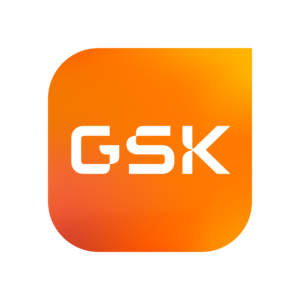GSK Science in the Summer™
Supporting out-of-school science learning in North Carolina
As of 2024, Morehead Planetarium and Science Center will no longer administer the GSK Science in the Summer™ program in North Carolina. While we understand that GSK Science in the Summer™ has been closely associated with Morehead in North Carolina, and this development may be disappointing to members of our community, this decision comes as GSK Science in the Summer™ evolves to maximize its impact nationally and in its flagship community of Philadelphia, Pennsylvania.
Instead, Morehead will support participating community organizations through the national program by providing training and materials. These partnerships will serve nearly 800 children across ten North Carolina counties, providing them with fun, hands-on, age-appropriate activities to help them learn the importance of space science.
Morehead is grateful for its past 15 years of partnership with GSK Science in the Summer™. We are proud to continue championing out-of-school learning in historically marginalized communities and underserved areas of the state as part of our institutional mission of “Science for All.”
Joanna Burke
Youth + Family Programs Lead Coordinator
joanna.burke@unc.edu
919.843.0990
For more than 35 years, GSK–a science-led global healthcare company–has brought fun and engaging STEM education to underserved students with the goal of sparking a lifelong love of science and interest in STEM careers. The Franklin Institute partners with GSK to bring GSK Science in the Summer™ to 27 locations across the country. Morehead Planetarium and Science Center supports GSK Science in the Summer by providing materials and training to participating community organizations in North Carolina.
GSK aspires to engage students early in STEM learning to foster the next generation of scientists and innovators. By offering these classes to elementary and middle school-aged students–particularly those from underserved populations across the country not widely represented in the scientific community– children who would not otherwise have access to these high-quality STEM experiences have the opportunity to learn over summer break.

